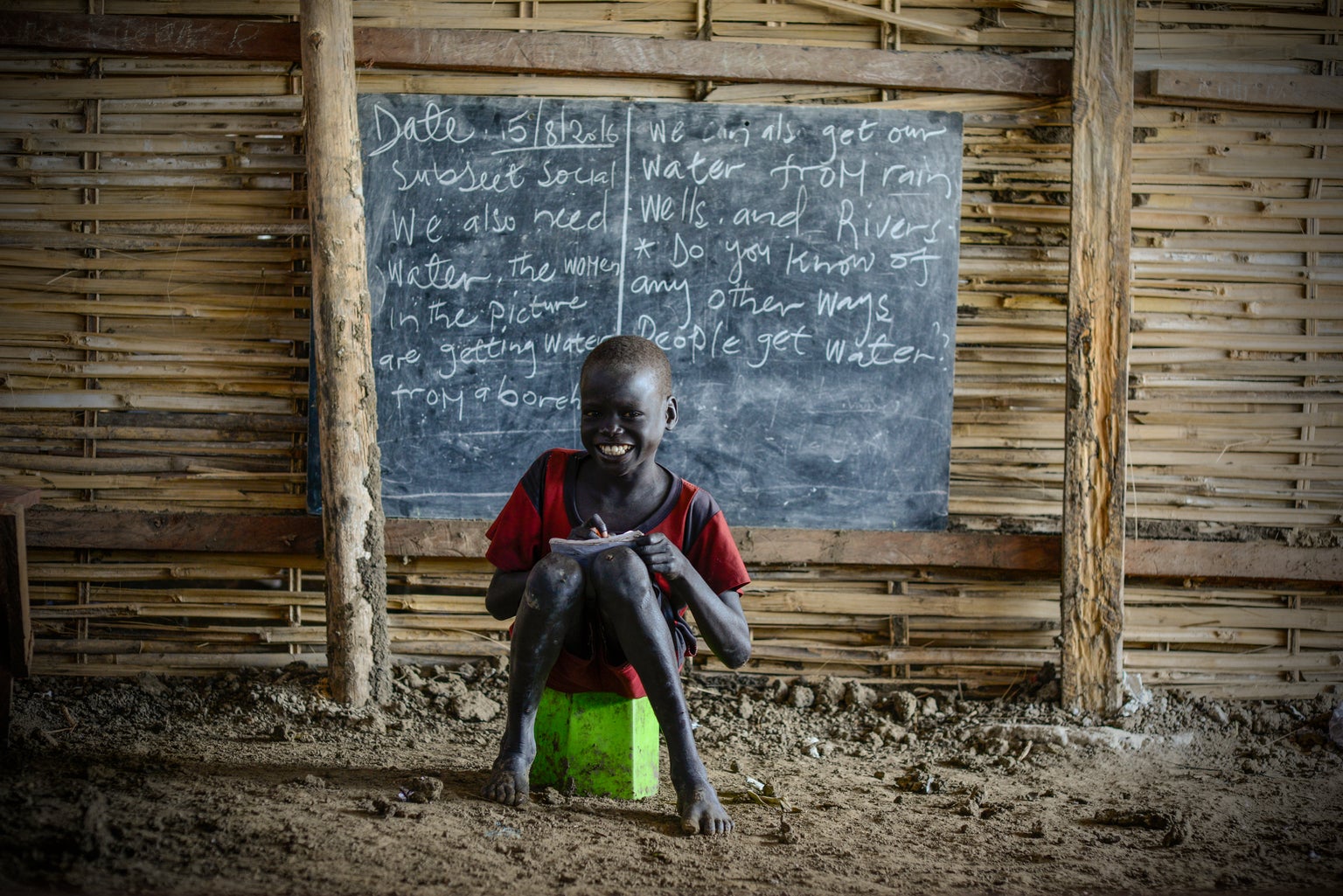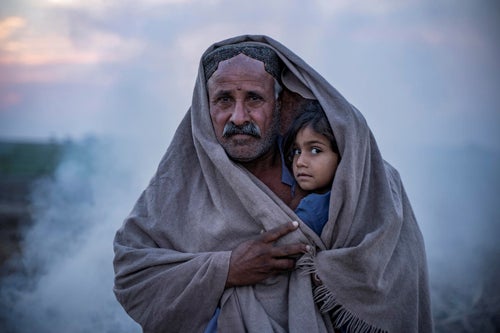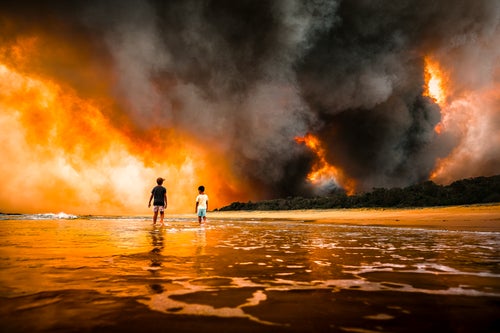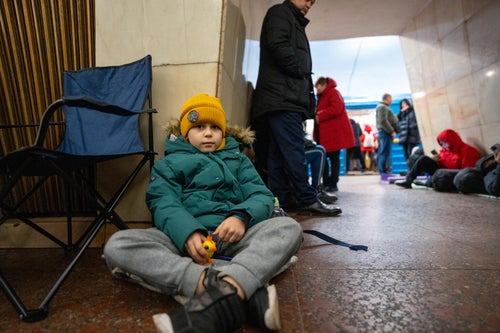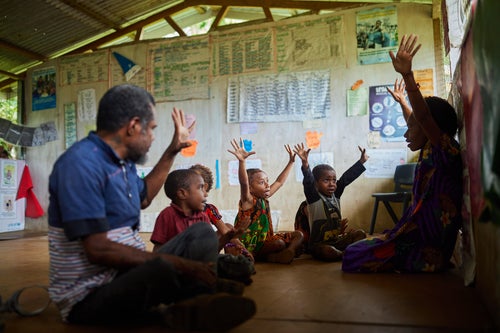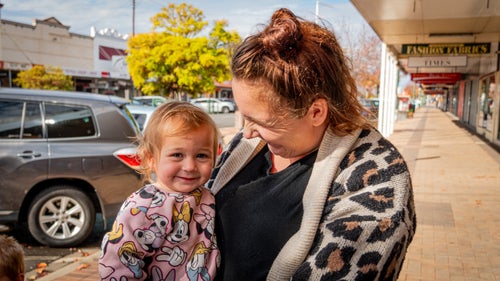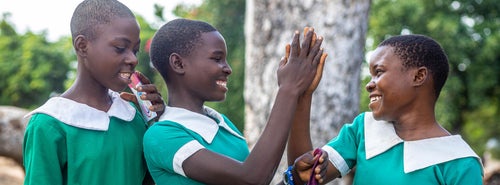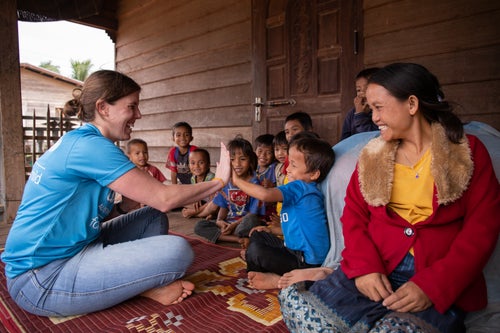Battered cans, busted tyres, broken saucepans – these are some of the discarded items finding new life in the classrooms of South Sudan.
Many schools have been damaged or destroyed since civil war erupted in 2013, leaving teachers and students stretched for supplies and turning to makeshift learning spaces.
Despite ongoing violence, children in South Sudan cling tightly to a simple dream: “I want to go to school.”
To make it possible, they’re reinventing everyday household items into classroom chairs.
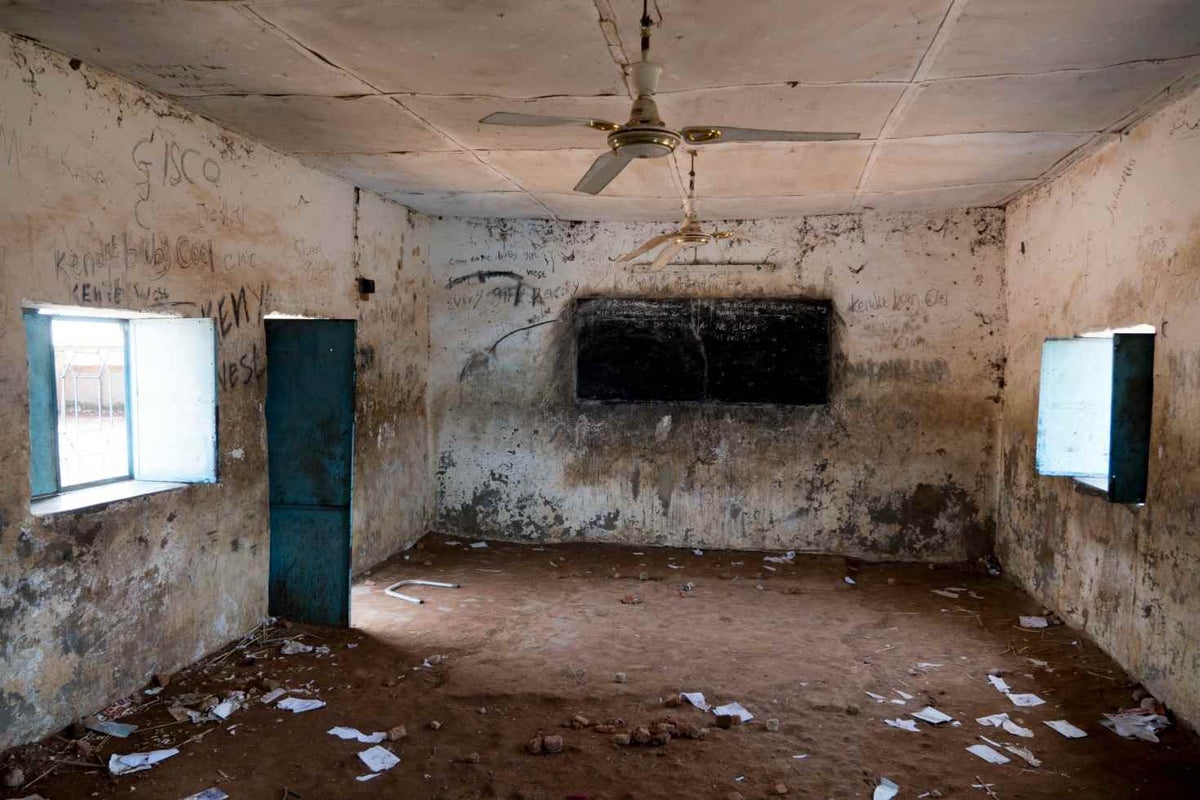
In response, UNICEF launched its Education in Emergency program. Located near camps for the displaced, UNICEF-supported schools provide safe spaces and educational opportunities for children in crisis. But enough equipment and supplies aren’t always available.
At seven in the morning, outside one such school, hundreds of children arrive eagerly balancing objects on their heads. Some carry empty cans of food aid, others broken buckets and small stoves.
These items aren‘t part of a science project. Instead, the kids will use them as chairs in classrooms that consist of little more than thatched walls, dirt floors and a blackboard.
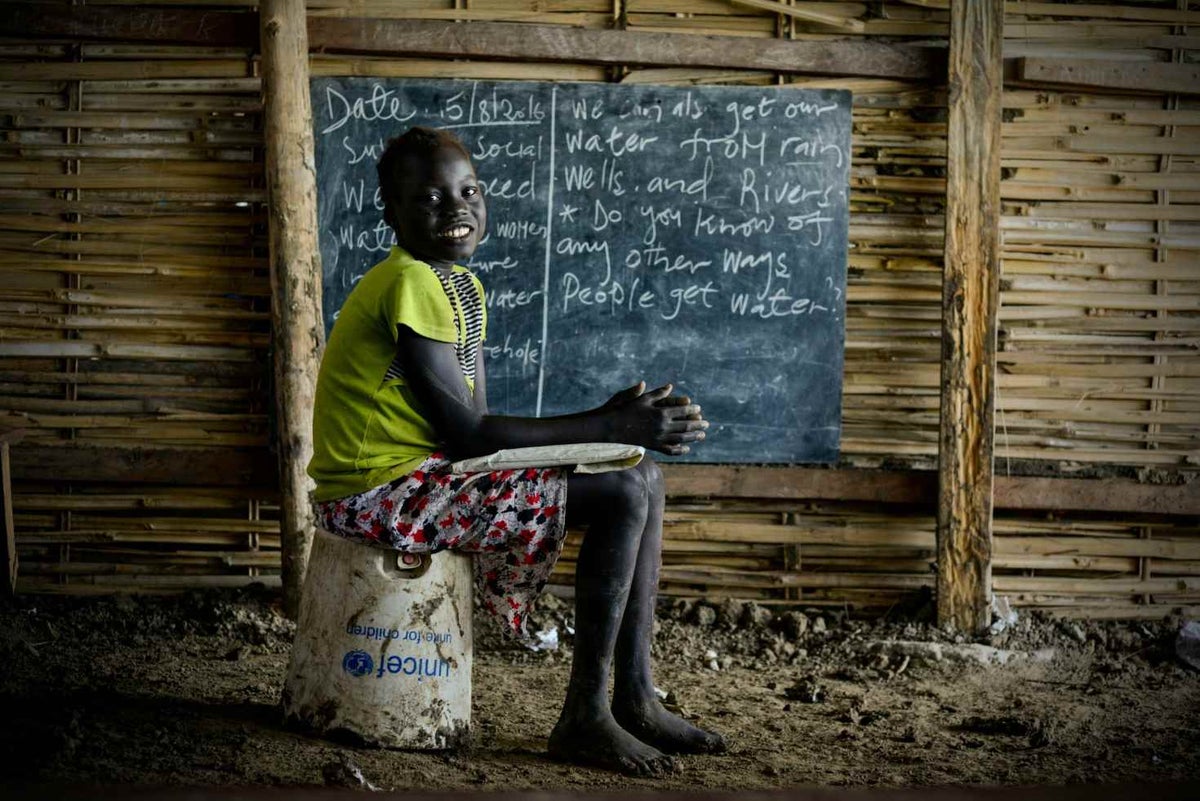
Nyayang is eager to continue her education. Every day that she goes to school, she carries an old, broken UNICEF water bucket because there is nothing to sit on during class. “The bucket is okay but not really comfortable. I really would like a chair to sit on,” she says. “When I grow up I want to be a teacher to help teach my own people.”
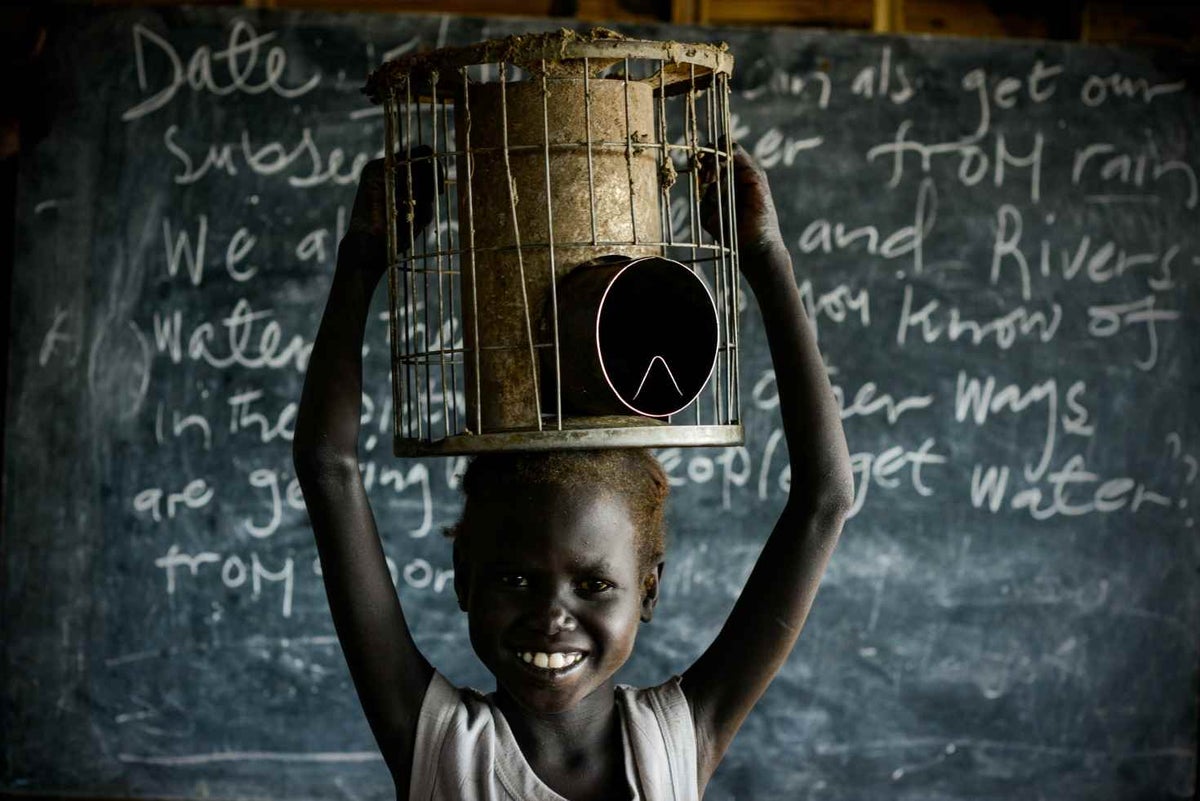
“My mom cooks for us on this stove and I use it as a chair in school,” says Nyaboth, a second-year primary school student. “When I come back home after classes, she takes it away again to cook dinner for us.”
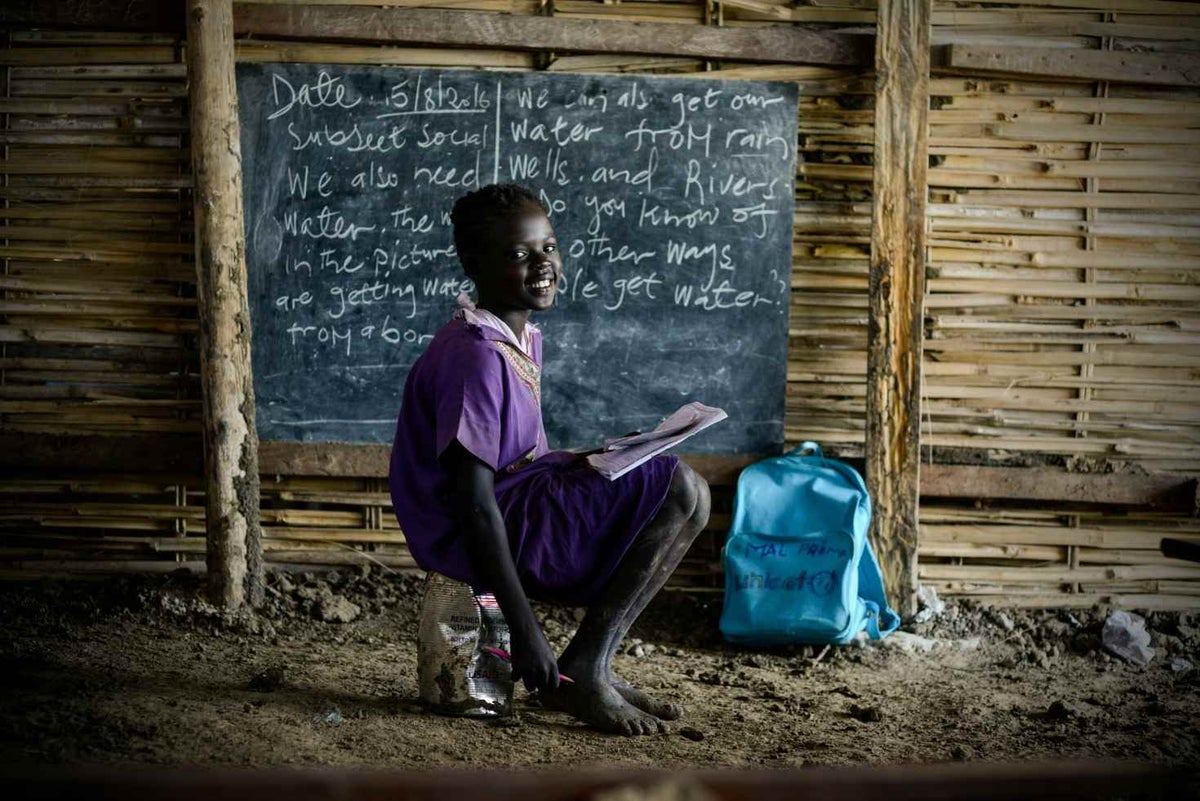
Nyapuor wants to continue going to school as she feels happy and enjoys learning math. “I was very frightened by the war. I saw so many people wounded and men shooting guns. I feel safe here and want to keep coming to school,” says Nyapuor.
Dang Madang, a teacher at the UNICEF-supported Hope Primary School explained, “these children have seen and witnessed things no adult, let alone a child, should ever have witnessed. Teaching them science, math and English is the best thing we can do ... to ensure their safe futures.”
Conflict and poverty have left South Sudan with some of the world’s worst levels of access to education and quality of learning. Severe challenges faced by these communities include:
- High numbers of out-of-school children
- Low primary completion rate
- Low adult literacy rate
- Scarce teaching and learning materials and inadequate school infrastructure, with a large number of open air classrooms.
Thanks to Malcolm G. Farley from the US Fund for UNICEF for the original version of this blog.
Let’s give every child the chance to learn
Conflict in South Sudan has forced a horrifying number of children from their classrooms and left many schools in ruins. But violence and poverty should never hinder a child’s ability to learn. Every child has the right to go to school, play with their friends and get the education they need to thrive in life.
You can help us continue this critical work for children, to deliver the learning materials they need to stay in school when disaster strikes. By signing up with a monthly gift, you’ll become a Global Parent and join us in making a powerful commitment: that wherever a child is born, we’ll work to uphold their fundamental rights to education, health care and protection.
Related articles
Stay up-to-date on UNICEF's work in Australia and around the world



